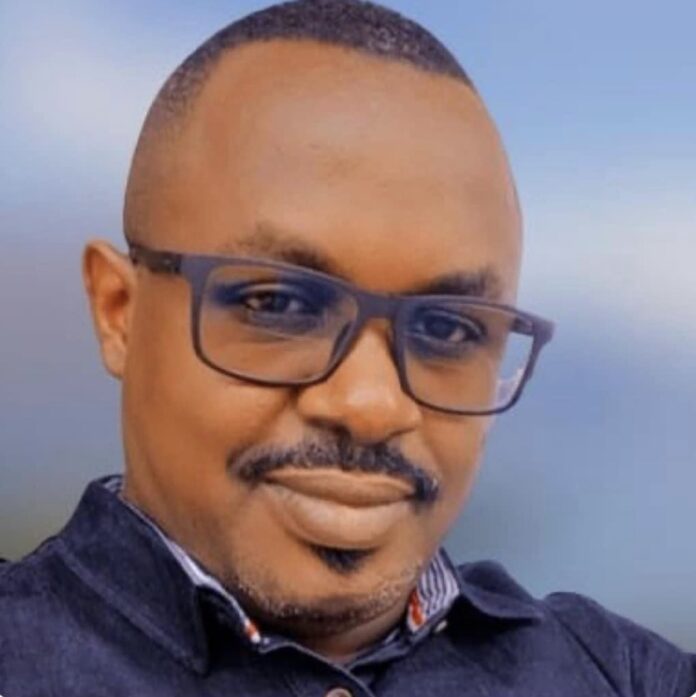The Human Rights Watch (HRW) report on Rwanda for 2023 highlights several pressing issues concerning human rights abuses. Throughout the year, commentators, journalists, opposition activists, and others speaking on current affairs and criticizing public policies in Rwanda faced abusive prosecutions, enforced disappearances, and some were even found dead under mysterious circumstances. The case of journalist John Williams Ntwali, who died under suspicious circumstances, exemplifies this issue. The government claimed it was a road accident, but failed to provide concrete evidence, leading to numerous unanswered questions.
The Rwandan military’s deployment of troops in the eastern Democratic Republic of the Congo to support the M23 armed group has been a significant development. This intervention helped M23 extend its control over the Rutshuru and neighboring Masisi territories. The M23, backed by Rwanda, committed numerous war crimes, including murders, rapes, and other heinous acts, exacerbating a dire humanitarian crisis in the region.
In Rwanda, security forces continued to “clean” the streets of Kigali, detaining individuals deemed “undesirable,” such as street children, vendors, sex workers, homeless people, and beggars. Detainees were taken to the unofficial Gikondo transit center, where severe mistreatment and appalling detention conditions were reported. Torture was also documented in official prisons.
Politically, the ruling Rwandan Patriotic Front (FPR) and its affiliates employed measures worldwide to target and silence real or perceived opponents. With the 2024 general elections approaching, the political space for opposition both within and outside the ruling party remained closed. Several members of the opposition were imprisoned for offenses that conflict with Rwanda’s regional and international human rights obligations.
The year saw the continued trial of individuals associated with the “Ingabire Day,” an event organized by the Dalfa-Umurinzi party to discuss political repression in Rwanda. Several party members were held in pre-trial detention, with credible reports of torture and mistreatment in Rwandan prisons.
Notably, Christopher Kayumba, a former journalist and founder of a new political party, was initially acquitted of charges but later found guilty on appeal. In a significant development, Paul Rusesabagina, a well-known critic of the Rwandan government, had his 25-year sentence commuted.
Freedom of expression remained under threat, with several journalists and commentators jailed for reporting on security force abuses or criticizing the FPR. Blogger Aimable Karasira faced charges of genocide denial and divisionism, with his trial continuing throughout the year.
The Rwandan government’s support for the M23 in the Democratic Republic of the Congo has led to the displacement of over a million people. Additionally, the UK-Rwanda asylum partnership agreement faced legal challenges, with the UK Supreme Court ultimately ruling the agreement illegal.
Despite Rwanda’s relatively progressive stance on LGBT rights, stigma and discrimination persist in practice. International justice efforts continued, with arrests of major suspects in the 1994 genocide.
Internationally, the EU imposed sanctions on individuals, including Rwandan military commanders, for human rights violations in the eastern Democratic Republic of the Congo. The US also imposed sanctions for similar reasons. However, the EU has not publicly condemned human rights violations against activists and journalists within Rwanda.































































